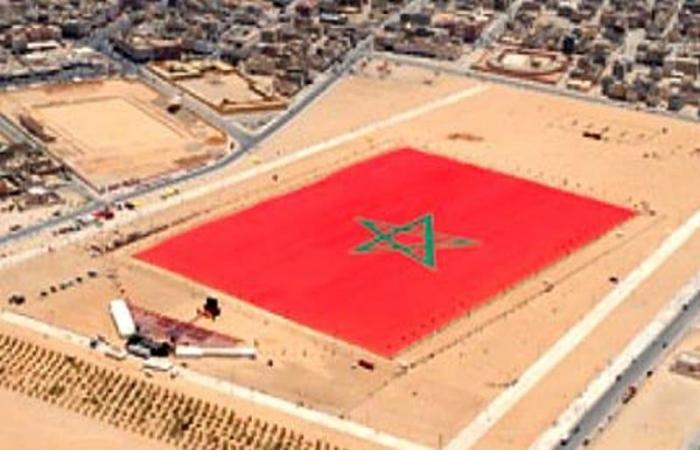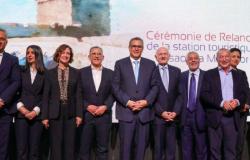Morocco is positioned at a decisive crossroads in its national development, initiated by profound structural reforms. These are closely linked to the consolidation of the rule of law and the establishment of a climate of competitiveness intended to reduce territorial disparities. At the same time, they aim to boost national development in perfect harmony with the internal and external challenges facing the country.
Indeed, Morocco is resolutely committed to the path of advanced regionalization. This approach, much more than a simple administrative reorganization, is part of a dynamic of in-depth transformation of territorial governance. It aims not only to redistribute power and resources more equitably, but also to strengthen social and economic cohesion throughout the Kingdom. By refocusing development around regions, Morocco intends to maximize the impact of its public policies, by adapting solutions to local specificities and needs.
According to Abbas El Ouardi, professor of public law at the FSJES in Rabat, the royal speeches articulate a strategic vision which favors national development and the achievement of economic and social prosperity for each Moroccan citizen. These speeches offer the legislative and executive powers a coherent framework of reflections and directives, defining a road map anchored in the principles of strategic management of public affairs.
« In this context, the administrative architecture of the Kingdom of Morocco, whether at the central level or the decentralized level, emerges as a crucial institutional foundation for the consolidation of a democratic rule of law. This framework aims to ensure the continuity of public services and guarantee fair access for all citizens.“, he said in an analysis received by Hespress FR.
The expert also clarified that “ the experience Moroccan influence in the management of public services has proven, particularly after the colonial era, certain successes such as the Moroccanization of the administration and the establishment of an institutional structure capable of meeting the needs of users while ensuring institutions respect for their constitutional roles« .
However, persistent challenges remain regarding universal access and the quality of public services across the Kingdom, he stressed, noting that to overcome these obstacles, Morocco has adopted an ambitious approach to territorial decentralization, articulated around regions, provinces, prefectures and municipalities, evolving from local management to a more integrated territorial perspective.
Moreover, ” local democracy in Morocco has undergone a notable transformation, approaching decentralization as a progressive process since the Communal Charter of June 23, 1960. The real inflection point towards regionalization began in 1984, during a speech from the fire King Hassan II, who referred to the model of the German “Länder”. Since then, regionalization has followed an evolutionary trajectory, notably with the constitutional revision of 1992, which conferred on the region the status of constitutional institution at the level of provinces and prefectures.“, underlined El Ouardi.
He notably mentioned the royal speech of September 19, 2001 and the royal missive of January 9, 2002 to the head of government having announced a strategic roadmap for the strengthening of territorial democracy, making the region the central point of integrated development . This orientation found its concrete expression in the creation of regional investment centers.
And to add: “ The royal speech of January 3, 2010 marked a decisive turning point in the evolution of regionalization in Morocco, redefining the concepts of advanced regionalization. The latter is designed as a decentralized administrative structure, allowing the central power to transfer certain skills to the regions of the State, with the aim of supporting territorial development, reducing regional disparities, and bringing the administration closer to citizens.« .
In accordance with the constitutional provisions of 2011, the region has become a first-class territorial entity, reinforced by organic laws No. 111.14 on the regions, 112.14 on the provinces and prefectures, and 113.14 on the municipalities, continued the specialist. These texts provide shared management of public affairs through territorial public services, based on representative democracy resulting from local elections.
According to El Ouardi, conferences on advanced regionalization are often organized around the political and development transformations that Morocco is experiencing. These events provide a platform conducive to dialogue between political, territorial actors and development experts, with the aim of identifying the issues hindering the improvement of the territorial climate, proposing solutions, and achieving the expected results for the citizen. .






